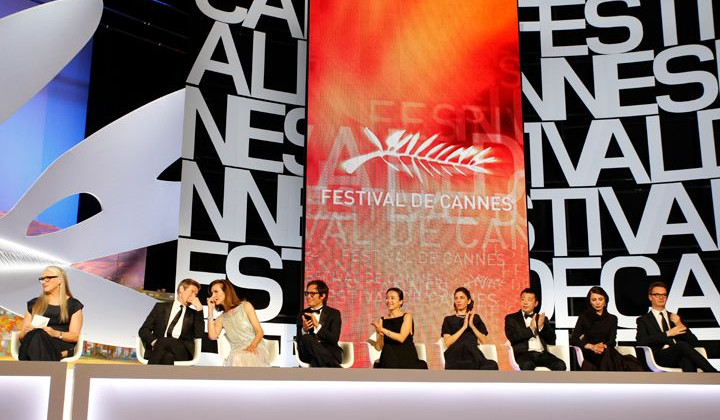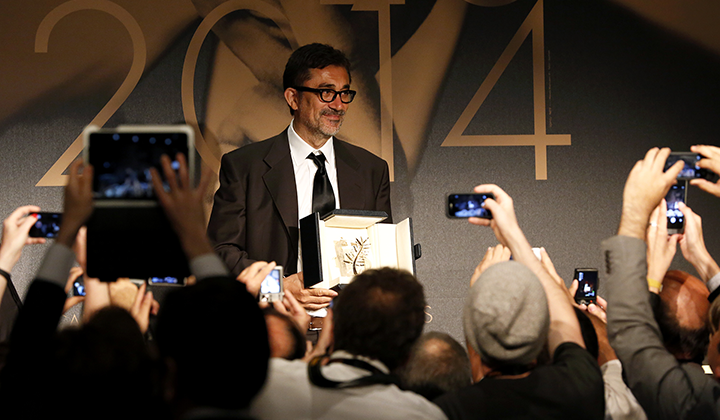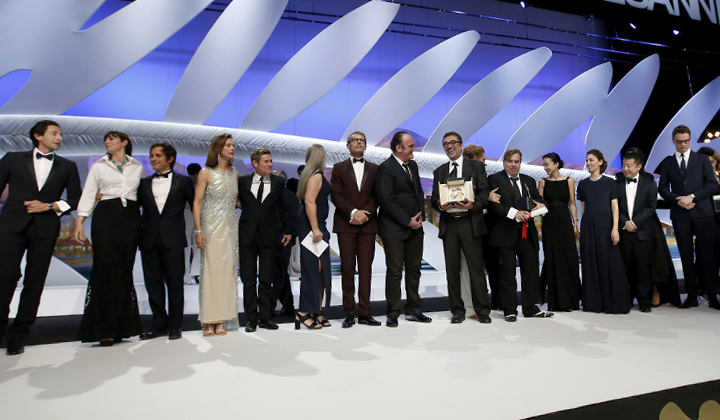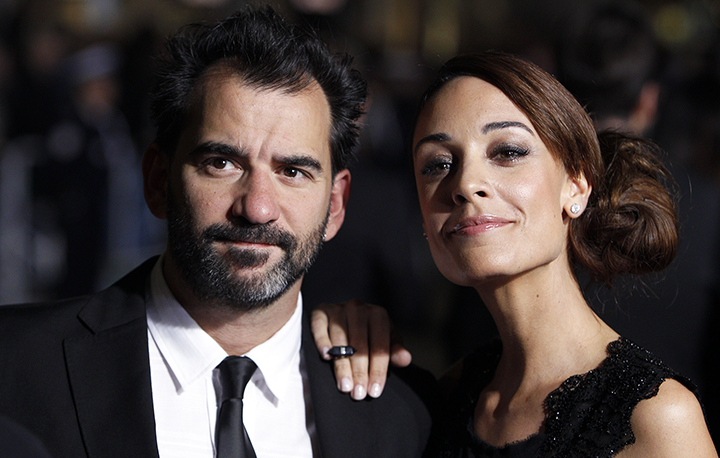
INTERVIEW – Pablo Trapero: ” What attracts me most in fiction is this really fuzzy boundary with reality”

Without a doubt the greatest ambassador of contemporary Argentinian cinema at Cannes. Selected for the first time in 2002 in Un Certain Regard, Pablo Trapero became known to the international public with El Bonaerense, a visceral thriller which takes place in the Buenos Aires nightlife scene. He was back six years later with Lion’s Den (Leonera), in Competition, which recounts a mother’s ordeal in prison. His works are crude, gripping and deeply realistic, and identify the problems eating away at Argentina. Interview with Un Certain Regard Jury President.
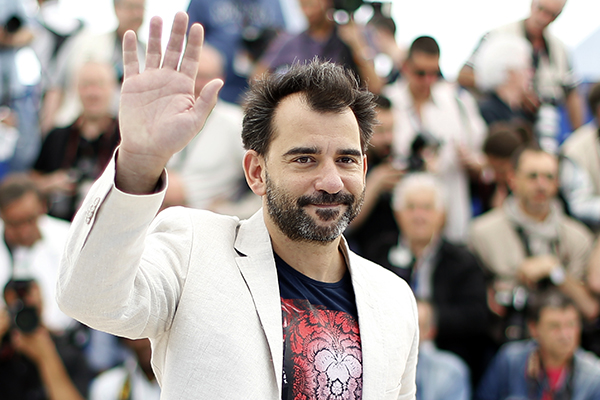
Pablo Trapero © AFP / V. Hache
You became known to the world here, in Cannes, in Un Certain Regard. How has this participation changed your career?
A lot! El Bonaerense was very well-liked here. It was an opportunity for me to not only meet the public but also to taste criticism and applause. After Cannes, my film was shown all around the world. I have very good memories, especially because we came with my son who was 40 days old at the time. As it was just after 2001, there was heightened security and Mateo had to have a badge. And as he was 40 days old, I read somewhere that he was the youngest person to have attended the Festival de Cannes.
You are a film director who uses his films to speak up about cruel reality. Lion’s Den (Leonera), for example, added fuel to the debate on prisons in Argentina. Despite that, you give your films a real aesthetic dimension and a well-polished rhythm. How do you mix reality and fiction?
What attracts me most in fiction is this very fuzzy boundary with reality. Or, conversely, that part of reality that is similar to fiction. Daily life can be the source of adventure, like in El Bonaerense or as is the case of the young woman in Lion’s Den (Leonera) who’s starting out in a life which does not seem to be hers, it’s almost fiction for her. At the same time, these characters are super heroes in their own lives. This is what I like, the idea of finding great adventures in everyday situations.
How do you choose the subjects of your films?
In several different ways. It may start with an image, some news, fear, fantasy. It’s been different for each of my films. My idea is always confirmed by the need to talk about something that’s ignored by everyone, a reality that we don’t know.
Are you thinking about making a pure documentary?
Yes, I’m thinking about working on a documentary sometime soon.
Argentinian cinema is doing well. This year, Damián Szifrón is in Competition with Wild Tales (Relatos Salvajes), Pablo Fendrik will present The Ardor (El Ardor) during a Special Screening and Lisandro Alonso has been selected in Un Certain Regard with Jauja. What motivates the film-makers from your country?
We’re all motivated by the love of cinema. In Argentina, it’s a tradition to make films as well as see and produce them. We’re film buffs. All the films selected at Cannes are by directors with different tastes and styles, and in different forms.
As it happens, Ricardo Darín appears in Wild Tales (Relatos Salvajes). He’s a great actor with whom you’ve worked several times, on Carancho and White Elephant (Elefante Blanco). What relationship do you have with him today?
I had to wait years to create a project worthy of him. It was Carancho, the first film I shot with him. We have a very good relationship, we’ve become very close since we first started working together. As soon as Carancho was finished, I asked him if he was interested in White Elephant (Elefante Blanco). I have a lot of admiration and affection for him, we’re friends.
Another well-known figure who inspires you is Martina Gusman, actress, producer and your wife. You encouraged her to star in films. How do you work with your wife?
It’s a bit like with Ricardo. She’s a great actress, I wanted to work with her. She used to work with me as producer. She went back to her first love, theatre. So I asked her to act in films again, we made Born and Bred (Nacido y Criado) then Lion’s Den (Leonera), Carancho and she played a small part in White Elephant (Elefante Blanco). She gives great performances each time. I love the way she acts, the way she prepares for the roles, what she thinks of cinema. I love her!
Two years ago, when you were selected twice for Un Certain Regard – on your own for White Elephant (Elefante Blanco) and in a team for 7 Days in Havana (7 Días en La Habana) – you said you liked “ films that change the way you see things ”. Under what conditions does a film do that?
All the stories have affected me, taught me something that I didn’t know, awakened feelings that I didn’t necessarily have because I hadn’t been confronted with such a situation, I hadn’t been confronted with these problems or ideas.
Can you give me an example of a film that has really changed the way you see things?
Modern Times. It’s a film I often mention, as it means a lot to me. Each time I watch it, I’m lucky to realise that I still like it just as much. When I watch it, I feel the same emotions as the first time I watched it. The show, the emotions, the intimacy, a mixture of feelings which range from love to violence.
Since White Elephant (Elefante Blanco), the public has been waiting for your next project. Can you tell us about it?
I’m working on a project, but it’s still a surprise. I’m also working on a play, on something for TV and on a documentary.
Interview directed by Tarik Khaldi
